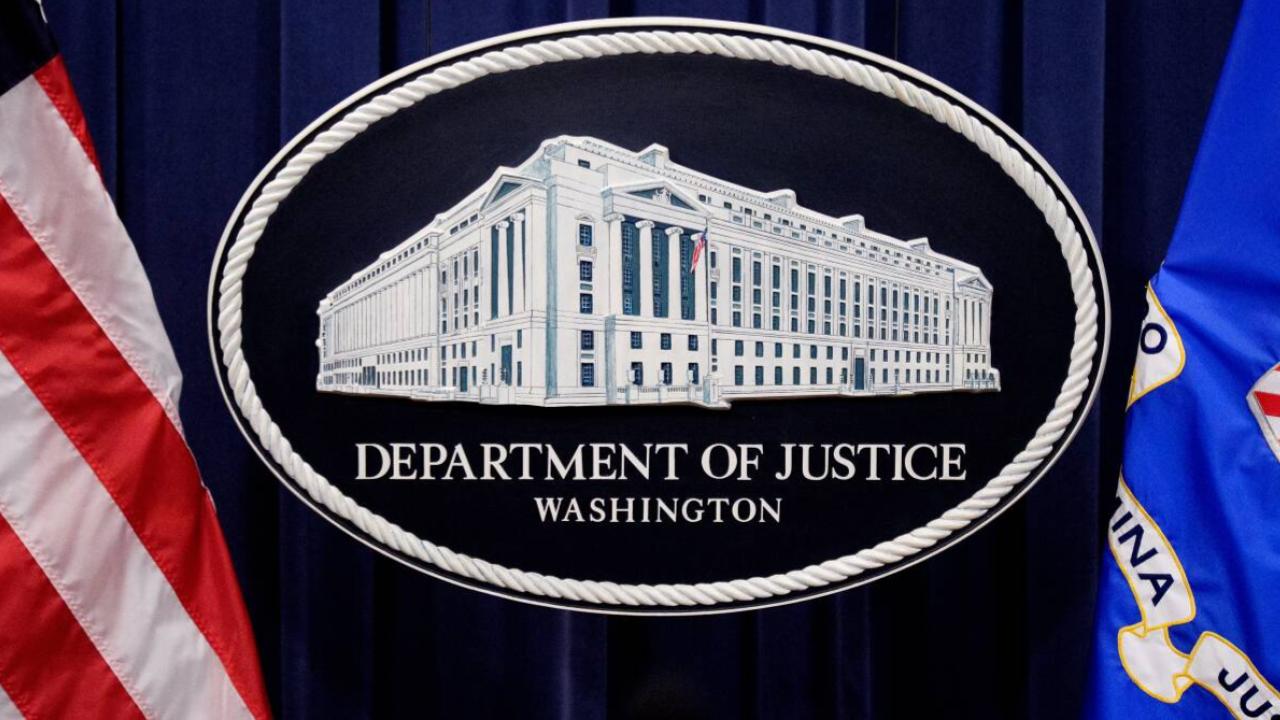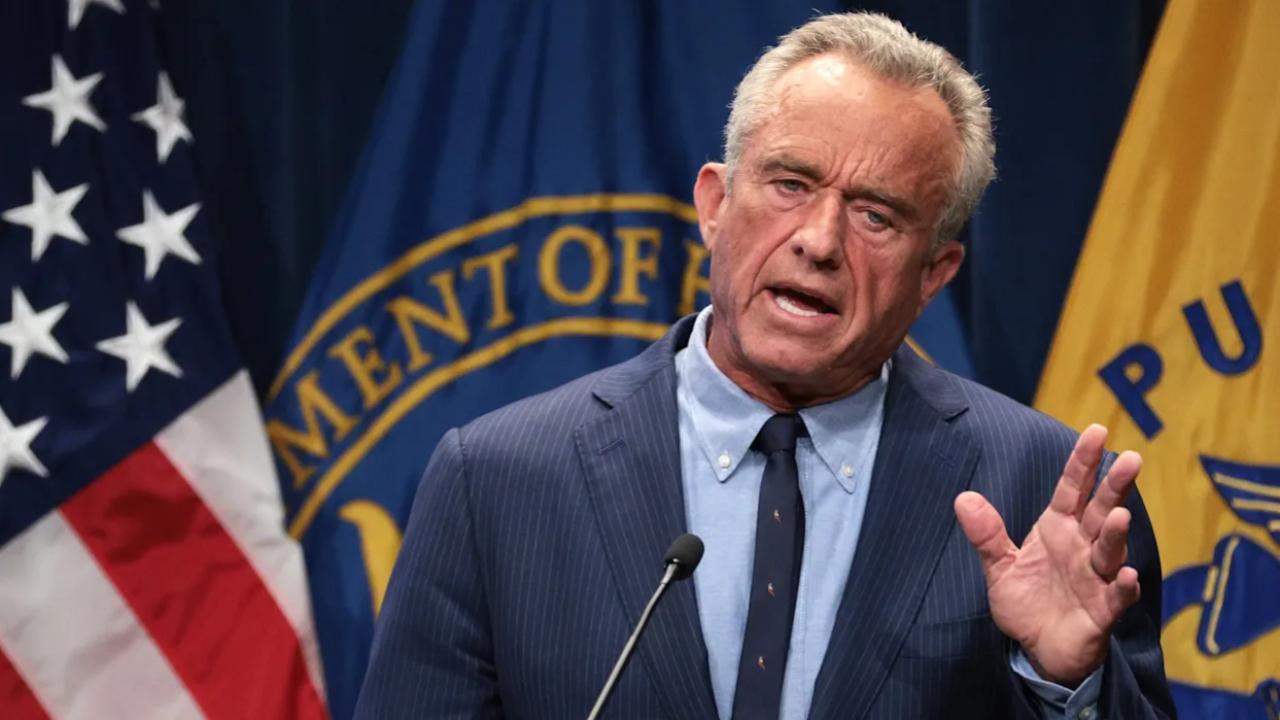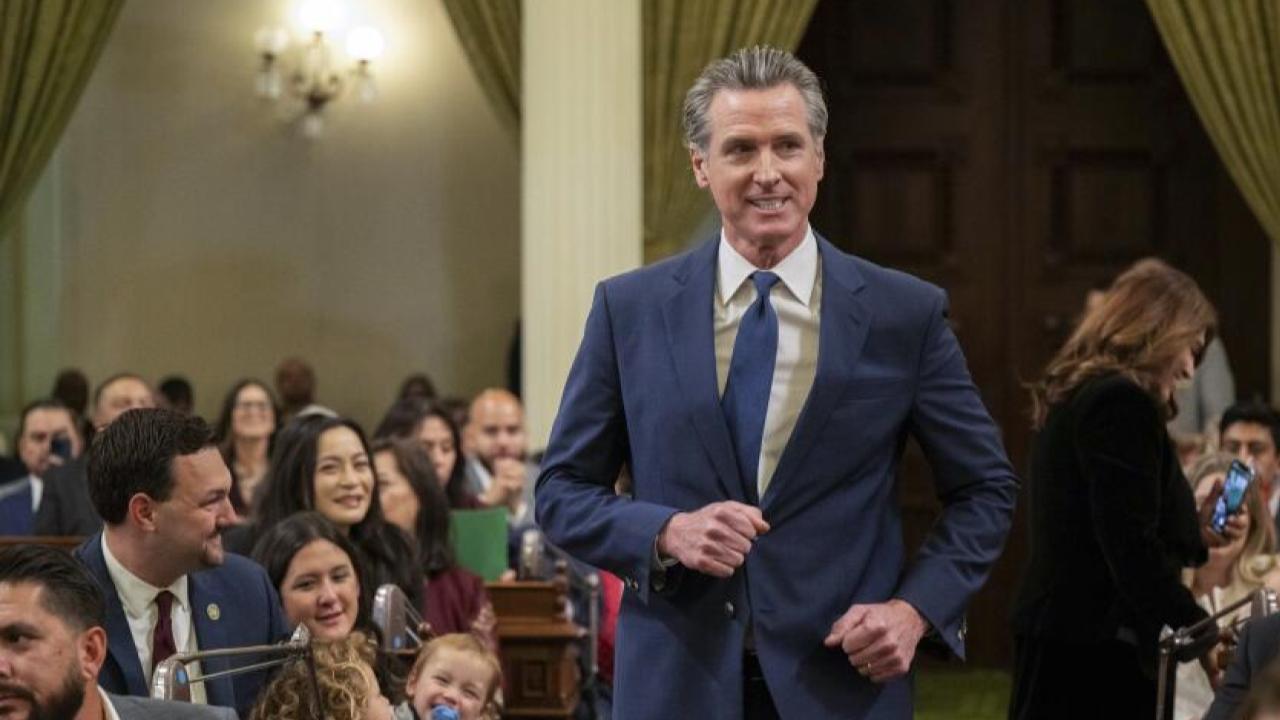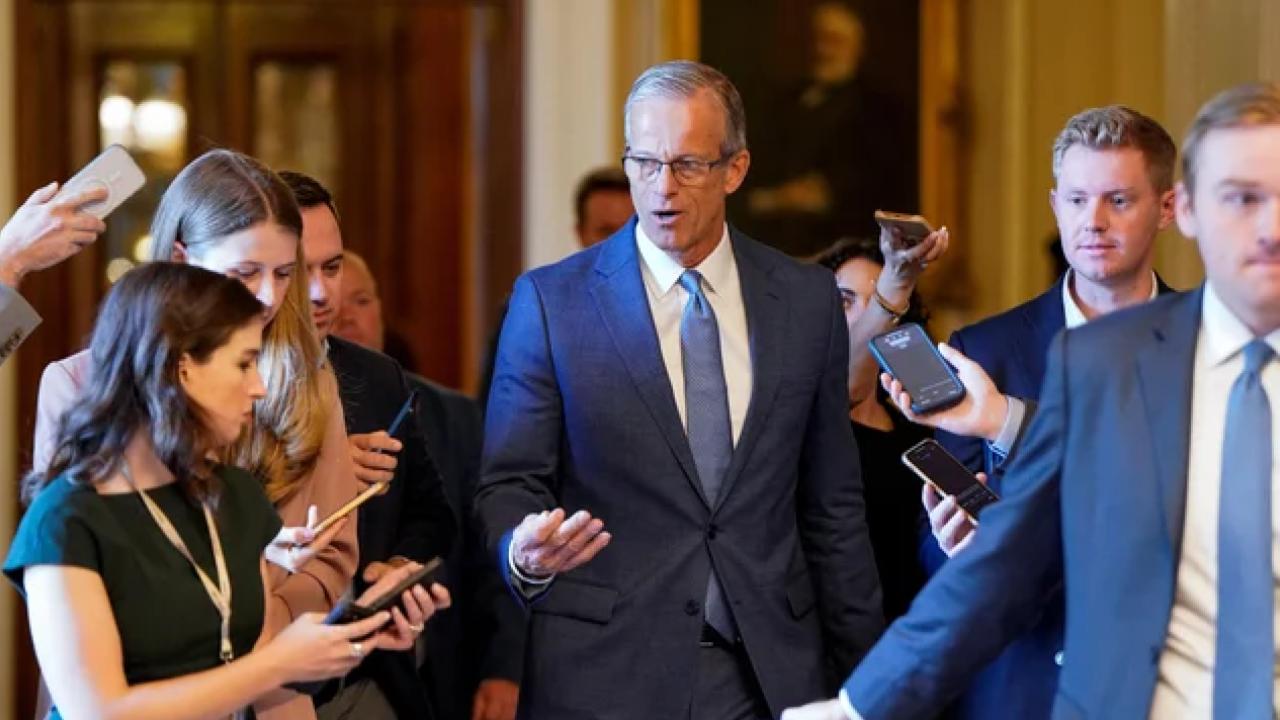When news broke that Donald Trump accepted a luxurious Boeing 747-8 jet from Qatar—yes, the kind you’d expect royalty to fly in—it didn’t just spark chatter on cable news. It triggered a firestorm of ethical, legal, and national security concerns that cut deep into the heart of American democracy.
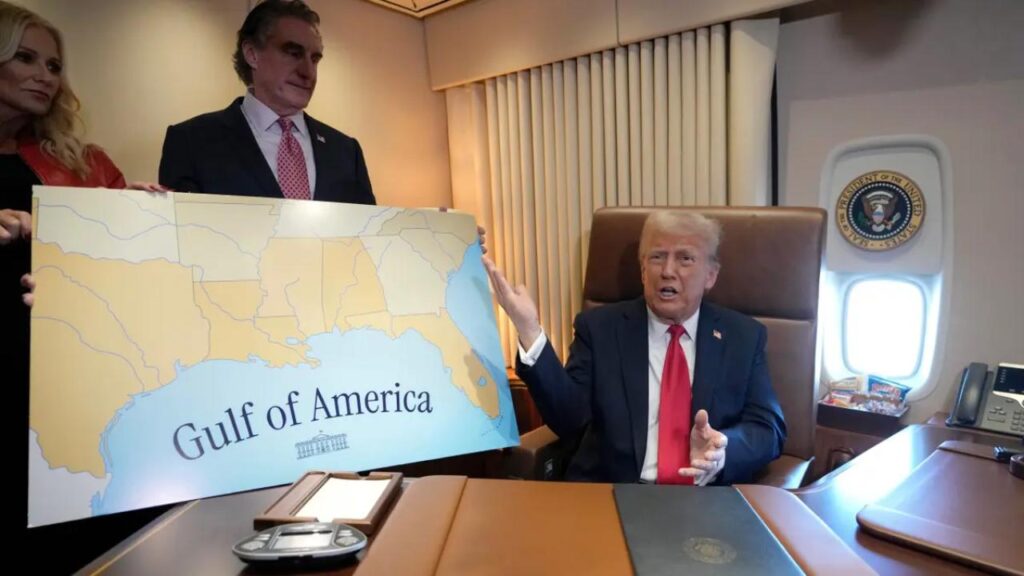
From business dealings in Dubai to whispers of arms tech deals with Saudi Arabia, Trump’s Gulf connections are raising red flags across Washington. If you’re wondering whether this matters to regular Americans, the short answer is: hell yes, it does.
Trump Gulf Ties Just Raised Eyebrows
| Details | Summary |
|---|---|
| Main Concern | Trump accepted a luxury jet worth $400 million from Qatar. |
| Legal Red Flag | May violate the U.S. Constitution’s Foreign Emoluments Clause. |
| Conflict of Interest | Trump’s sons have pursued Gulf real estate and golf resort deals. |
| National Security | Gulf AI tech sales risk exposing U.S. defense tech to adversaries. |
| Public Statement | Sen. Chris Murphy called the jet gift the “definition of corruption.” |
Trump Gulf Ties, whether it’s a private jet from Qatar or business deals in Dubai, are more than just headline fluff—they strike at the soul of American ethics, transparency, and democracy. As the lines between public service and personal profit get blurrier, it’s on Congress, watchdogs, and voters to keep the guardrails up.
Because when billionaires start accepting gifts from oil-rich kingdoms, you better believe the average American’s voice matters more than ever.
What’s the Big Deal with Trump and Qatar’s Jet?
So here’s the skinny: Qatar handed over a top-tier Boeing 747-8, the kind you’d call Air Force One Jr., as a “gift to the United States.” Trump claimed it was a patriotic gesture and plans to use it for his presidential library. Cute, right?
Not really.
Turns out, the U.S. Constitution’s Foreign Emoluments Clause explicitly bans federal officials—including ex-presidents—from accepting gifts from foreign nations without Congress giving the green light. It’s basically a hard stop to prevent foreign influence from sneaking into U.S. policy. And no, it doesn’t matter if you wrap it in a red, white, and blue bow.
Senate Outrage and the “Corruption” Call
Senator Chris Murphy (D-CT) didn’t hold back, calling the jet gift the “definition of corruption.” And honestly, that’s the vibe from both sides of the aisle. Why? Because this ain’t just about optics. It’s about national security, influence peddling, and the thin line between private business and public duty.
Trump’s Business Tentacles in the Gulf
Here’s where it gets murkier. Trump’s not just making foreign policy moves—he’s also making money in the same regions he’s dealing with diplomatically. That’s a yikes moment.
Real Estate Deals in Dubai & Qatar
According to The Washington Post, Trump’s sons have been actively pushing Trump Organization projects in the Middle East:
- A luxury skyscraper in Dubai
- A $5.5 billion golf resort in Qatar
- Additional “strategic partnerships” with Gulf developers
These aren’t side hustles. These are big-money deals that could potentially sway U.S. diplomatic strategy. Imagine a world where an American president’s foreign decisions are influenced by whether or not a golf resort deal goes through.
What Does the Constitution Say?
Alright, let’s break it down Barney-style.
Foreign Emoluments Clause (Article I, Section 9)
“No Person holding any Office of Profit or Trust… shall, without the Consent of the Congress, accept any present, Emolument, Office, or Title, of any kind whatever, from any King, Prince, or foreign State.”
Translation: No side perks from foreign governments allowed—period.
And that’s where the Qatari jet falls. Trump didn’t ask Congress for permission. He just said “thanks,” and moved on. That’s like your kid accepting candy from a stranger without telling you—except the candy is a $400 million aircraft.
What’s the National Security Risk Here?
Now let’s get real. The Middle East isn’t just about palm trees and oil. It’s also a strategic chessboard with major tech, arms, and geopolitical stakes. Trump’s recent trips included rumored deals involving AI chips and defense tech, particularly with Saudi Arabia and the UAE.
Selling Chips to Potential Adversaries?
According to The Fulcrum, American policymakers are sweating bullets because the AI tech being exported might end up in the hands of not-so-friendly players, including China.
Why does that matter? Because these chips could:
- Power military surveillance
- Advance cyberwarfare capabilities
- Strengthen authoritarian regimes
Not exactly the stuff you want indirectly enabled by a former U.S. president.
Human Rights: The Big Elephant in the Room
Let’s not forget the elephant—or camel—in the room. Human rights.
During his whirlwind Gulf tour, Trump locked in big business deals, but skipped over chats about things like:
- Freedom of speech
- Women’s rights
- LGBTQ protections
- Prisoner abuses
This is a sharp U-turn from traditional American foreign policy, which usually presses allies on these issues. Critics argue that Trump is selling out American values for cash, clout, and convenience.
Why It Matters to YOU (Yes, You!)
You might be thinking, “Why should I care if some billionaire ex-president is jet-setting with oil sheikhs?” Here’s why:
- Foreign influence: If we let foreign nations gift our leaders planes, what’s next? Nukes?
- Democratic erosion: These types of actions normalize the blending of business and politics.
- Precedent: If Trump can do it, what stops the next guy from going even further?
This isn’t about left vs. right. It’s about right vs. wrong. And when ethics and national security are in question, Americans—everyday folks, not just D.C. insiders—should pay attention.
What Can Be Done?
Here’s how America can put the brakes on this dangerous dance:
1. Congressional Oversight
Lawmakers have the power to launch investigations. A bipartisan ethics committee could look into the plane gift and business entanglements.
2. Strengthening Ethics Laws
The Emoluments Clause needs modern enforcement tools. Right now, it’s mostly symbolic unless Congress acts.
3. Public Awareness
Let’s keep it 100—none of this matters if the public doesn’t care. Stay informed. Share articles. Contact your reps. Demand transparency.
FAQs
Q: Can former presidents accept gifts from foreign nations?
A: Not without Congress’s consent. Trump didn’t get that consent for the Qatari jet.
Q: Is Trump breaking any laws?
A: Possibly. The Foreign Emoluments Clause says no foreign gifts, and this $400M jet might be a clear violation.
Q: What is the Trump Organization doing in the Gulf?
A: Real estate deals, golf resorts, and reportedly more business ventures worth billions.
Q: How does this impact national security?
A: Trump’s dealings may involve advanced tech exports to volatile regions, risking leaks to adversaries like China.
Q: Is anyone doing anything about this?
A: Senators like Chris Murphy are sounding the alarm, but so far, there’s no official investigation.

